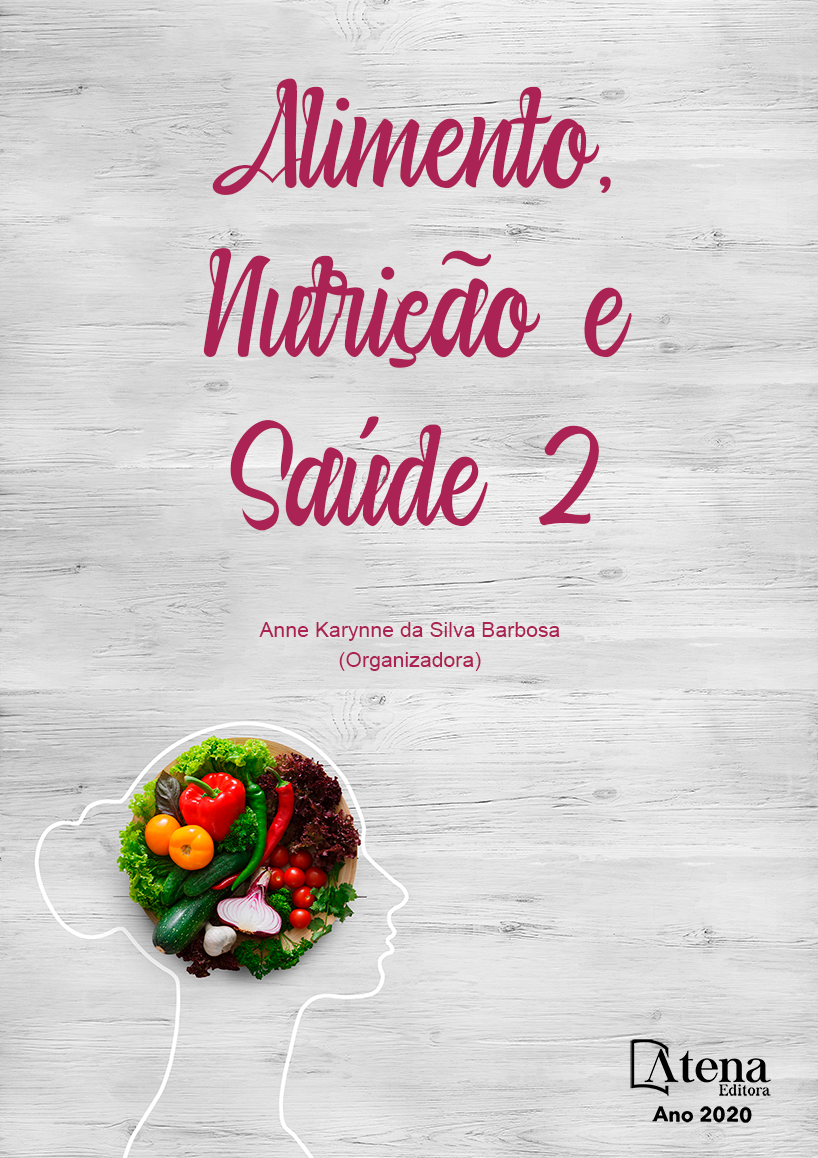
IMPLICAÇÕES DA ALIMENTAÇÃO VEGETARIANA NO DESENVOLVIMENTO INFANTIL: UMA REVISÃO DE LITERATURA
É considerado vegetariano todo aquele que exclui da sua alimentação todos os tipos de carne, aves, peixes e seus derivados, podendo ou não utilizar laticínios ou ovos. Existem subgrupos no vegetarianismo: ovolactovegetarianos, lactovegetarianos, ovovegetarianos e veganos. Neste artigo de revisão bibliográfica procurou-se avaliar o impacto da adoção da dieta vegetariana na saúde das crianças e adolescentes. Para isso foram selecionados artigos de relevância das bases de dados PUBMED e Scopus, usando os descritores “vegetarianism and children” e “vegetarianism and teenager and children”. Os dados da literatura são concordantes com o fato de que não ocorrem diferenças antropométricas significativas entre crianças ou adolescentes onívoros e vegetarianos, como peso, altura e IMC. Alguns estudos relatam que jovens vegetarianos não necessariamente tem níveis reduzidos de ferro e vitamina B12, por outro lado também há descrito na literatura presença de redução nos níveis de ferritina. É valido ressaltar que vários fatores interferem na saúde das crianças vegetarianas, não só a ausência do consumo de carne em si, mas a condição sociodemografica da criança e de sua família. Não há dados que contra indiquem a dieta vegetariana em qualquer fase do crescimento, contudo deve haver controle e cuidados para alimentação adequada e para suplementação quando necessária.
IMPLICAÇÕES DA ALIMENTAÇÃO VEGETARIANA NO DESENVOLVIMENTO INFANTIL: UMA REVISÃO DE LITERATURA
-
DOI: 10.22533/at.ed.63020100814
-
Palavras-chave: “vegetarianismo e crianças”, “vegetarianismo e crianças e adolescentes”
-
Keywords: “vegetarianism and children” and “vegetarianism and teenager and children”
-
Abstract:
Vegetarianism is considered a diet that excludes all types of meat, poultry, fish and their derivatives and may or may not include dairy products or eggs. Other vegetarian subgroups exist: ovolactovegetarians, lactovegetarians, ovovegetarians and vegans. This bibliographic review sought to assess the impact of vegetarianism on the health of children and adolescents. Articles relevant to the presented topic were selected from the PUBMED and Scopus databases using the descriptors “vegetarianism and children” and “vegetarianism and teenager and children”. Data procured from literature are concurrent with the fact that no significant anthropometric diferences, such as diferences in weight, height and BMI, are observed when comparing omnivorous and vegetarian adolescents. Some studies show that young vegetarians do not necessarily have reduced levels of iron and vitamin B, however, other studies reported decreased ferritin levels. It is worth noting that several factors influence the health of vegetarian children, not only the absence of meat consumption itself, but the sociodemographic condition of the child and the child's family as well. There is no data that contraindicates a vegetarian diet at any stage of child growth and development, however there must be adequate control and care regarding consumption and supplementation when necessary.
-
Número de páginas: 16
- Aline Lubiana
- Antônio Viana Neves Neto
- Giovanna Silva Cascelli Vaz
- Jenifer Mendes de Almeida
- Kttya Nardy Drumond
- Mariana Almeida Silva
- Maria Eliza de Castro Moreira
- Fabrícia Araujo e Silva


